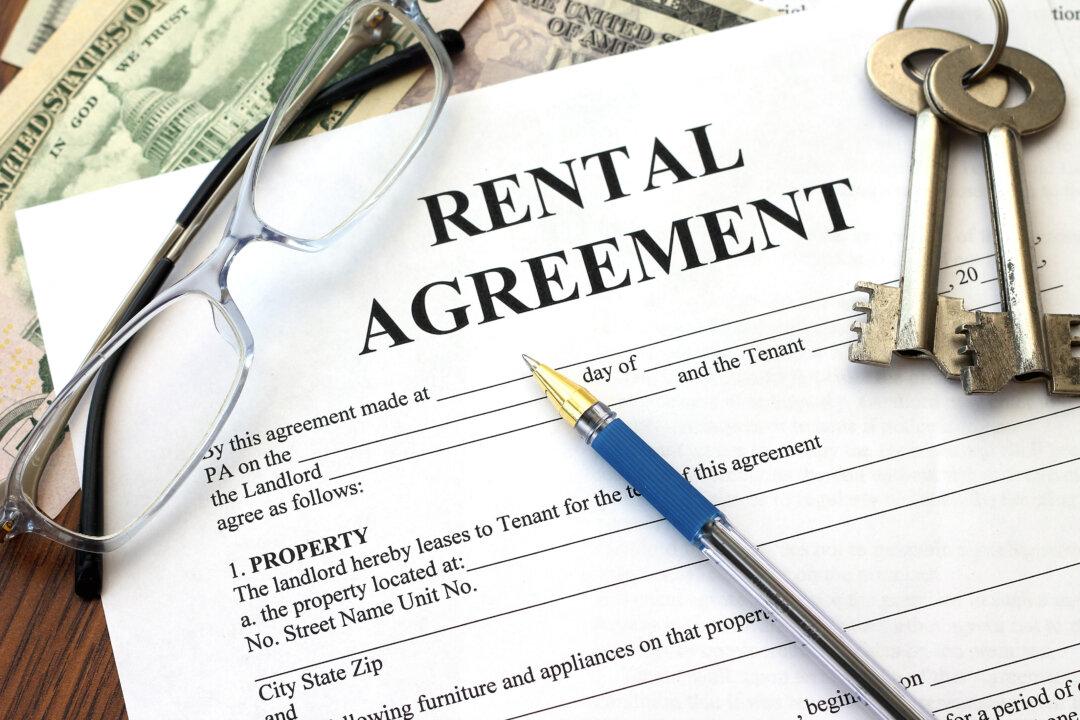The federal government has taken a step toward providing better protection for renters. President Joe Biden has released a document called a Blueprint for a Renters Bill of Rights.
The white paper is merely a proposal that presents some principles, guidelines, and goals that laws in the future might contain to protect renters. In its present form, it is not a law, has no legal authority, and does not create any rights.






